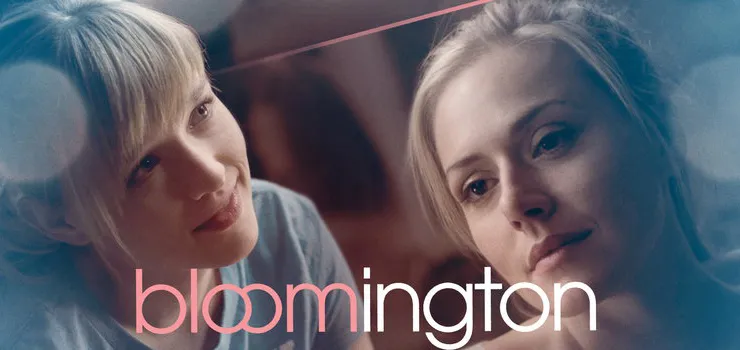Prayers for Bobby: A Heartbreaking Story of Love, Faith, and Acceptance
Prayers for Bobby is a 2009 American biographical drama film directed by Russell Mulcahy, based on the true story chronicled in the book by Leroy Aarons. The film, produced for the Lifetime network, stars Sigourney Weaver in a powerful performance as Mary Griffith — a devout Christian mother whose rigid beliefs lead to devastating consequences for her gay son, Bobby. Deeply emotional and socially impactful, Prayers for Bobby explores themes of religion, family, and the painful journey toward understanding and acceptance.
Set in the late 1970s and early 1980s, the story follows the Griffith family living in California. Mary, a deeply religious woman, raises her children according to her strict interpretation of the Bible. When her teenage son Bobby (played by Ryan Kelley) confides that he might be gay, Mary responds with denial and attempts to “cure” him through prayer, scripture, and church guidance. Despite her love for her son, her refusal to accept his identity fills Bobby with guilt and shame. He tries to change himself to gain his mother’s approval but ultimately becomes consumed by despair and isolation.
After years of emotional struggle, Bobby takes his own life, an act that shatters his family — and forces Mary to confront the devastating consequences of her beliefs. In the aftermath of her son’s death, Mary begins to question her faith and the interpretations of scripture that led her to reject Bobby. Through her grief, she seeks understanding, eventually connecting with members of the LGBTQ+ community and advocacy groups such as PFLAG (Parents, Families and Friends of Lesbians and Gays). As Mary learns more about acceptance and love, she transforms from a mother in denial to a passionate activist fighting for the rights and dignity of gay youth.
Sigourney Weaver’s performance as Mary Griffith is extraordinary — raw, layered, and deeply human. She captures both the pain of a mother who believes she’s doing right by her faith and the anguish of realizing too late the harm caused by her intolerance. Ryan Kelley’s portrayal of Bobby is equally powerful, conveying the vulnerability and inner conflict of a young man torn between faith, family, and self-acceptance. Their dynamic forms the emotional core of the film, illustrating the tragic cost of misunderstanding and the redemptive power of empathy.
Cinematically, Prayers for Bobby is straightforward but emotionally charged. The direction focuses on authenticity rather than spectacle, allowing the performances and message to take center stage. The muted color palette and intimate camera work create a sense of closeness, as if the audience is witnessing the Griffiths’ private world unfold. The film’s soundtrack, filled with soft, contemplative melodies, enhances the emotional intensity without overpowering the story.
What makes Prayers for Bobby especially impactful is its realism. It is not merely a story about one family, but a reflection of countless real-world experiences faced by LGBTQ+ youth and their parents. The film highlights the destructive consequences of religious intolerance while offering a path toward reconciliation and hope. Mary’s transformation becomes a symbol of what can happen when love finally triumphs over fear and dogma.

Ultimately, Prayers for Bobby is a call to compassion. It challenges viewers to see beyond prejudice and to recognize that acceptance and understanding are not contradictions of faith, but its deepest expressions. The film closes on a note of redemption, showing Mary dedicating her life to preventing other families from experiencing the same tragedy.
Profoundly moving and socially relevant, Prayers for Bobby remains one of the most important LGBTQ+ films of the 21st century. It is not just a story of loss — it is a story of awakening, forgiveness, and the enduring power of unconditional love.


